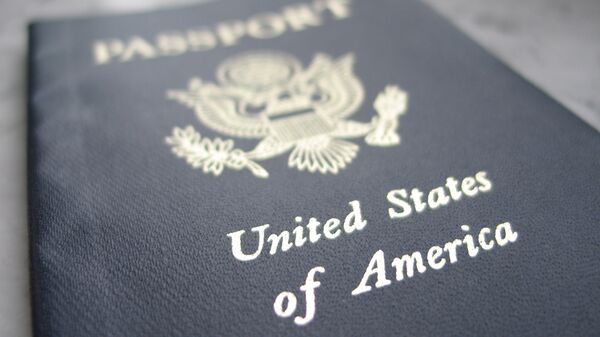The "Revocation or Denial of Passport in Case of Certain Tax Delinquencies" code does not focus on flight risks or criminal tax cases, but is aimed instead at enforcing collections by threatening a US citizen’s freedom of international movement.
Congress passed the measure in 2015, and it was signed by then-President Barack Obama, after first being proposed, and then rejected, in 2012.
According to the IRS website, "If you have seriously delinquent tax debt, IRC § 7345 authorizes the IRS to certify that to the State Department. The department generally will not issue or renew a passport to you after receiving certification from the IRS."
It continues, "Upon receiving certification, the State Department may revoke your passport. If the department decides to revoke it, prior to revocation, the department may limit your passport to return travel to the US."
The IRS considers a tax debt "seriously delinquent" if the total comes to over $50,000, including interest and penalties.
Passport denial would not be immediate, as the IRS will wait 90 days for a taxpayer to make the full payment, enter into a payment alternative with the agency, or resolve any "erroneous certification issues."
If a person is leaving on short notice, they may be able to use a limited passport for return to the US. Certification would be reversed once the debt is paid in full, if in error, or once the debt is no longer classified as seriously delinquent.



